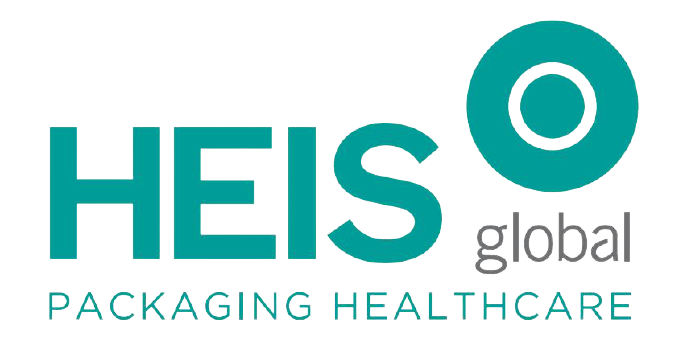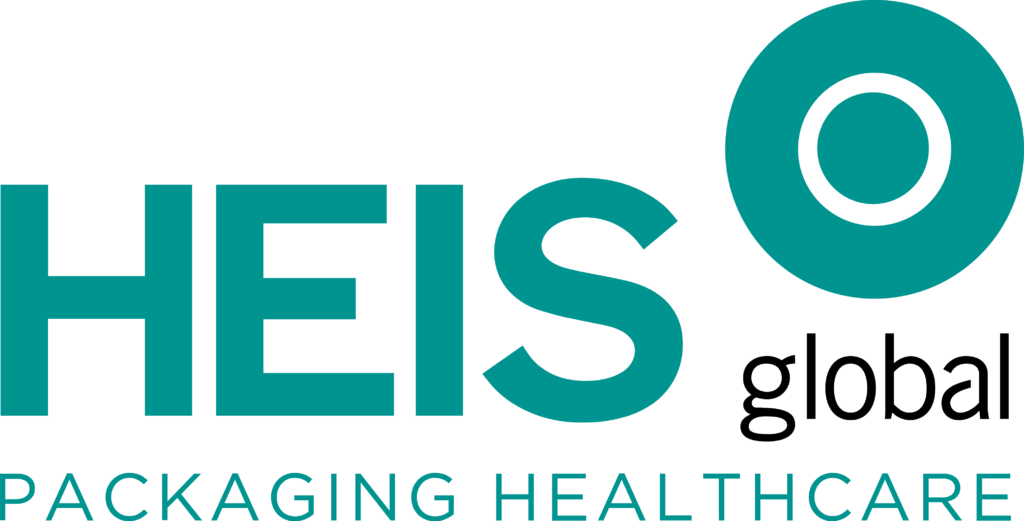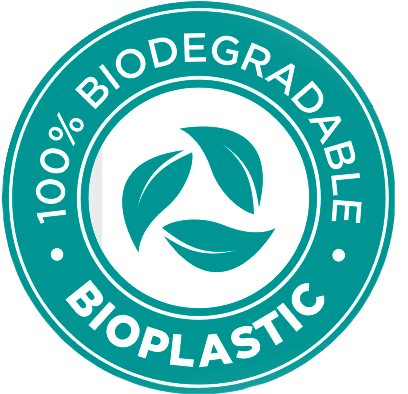
In the pursuit of safeguarding public health, the pharmaceutical industry plays a pivotal role in developing and manufacturing life-saving medications. However, the industry’s operations have traditionally been associated with significant environmental impacts, raising concerns about its sustainability practices. In recent years, the adoption of recycled PET (polyethylene terephthalate) cleanrooms has emerged as a promising solution to address these concerns and pave the way for a more sustainable pharmaceutical manufacturing process.
The Need for Sustainable Pharmaceutical Practices
The pharmaceutical industry faces a growing demand for sustainable practices due to several compelling reasons:
- Environmental Impact: The industry’s reliance on non-renewable resources and the generation of hazardous waste have contributed to environmental degradation.
- Resource Scarcity: The finite nature of non-renewable resources raises concerns about their long-term availability and cost.
- Consumer Demand: Consumers are increasingly seeking products and services that align with their values of sustainability and environmental consciousness.
Recycled PET Cleanrooms: A Sustainable Alternative
Recycled PET cleanrooms offer a sustainable alternative to traditional cleanrooms, which are typically constructed using non-renewable materials like stainless steel and aluminum. Recycled PET, derived from recycled plastic bottles, presents several advantages that make it an ideal choice for cleanroom construction:
- Sustainability: Recycled PET utilizes waste materials, reducing the consumption of virgin resources and minimizing landfill waste.
- Cost-Effectiveness: Recycled PET is generally less expensive than traditional cleanroom materials, contributing to cost savings.
- Durability: Recycled PET is a robust material that can withstand the rigors of pharmaceutical manufacturing environments.
- Cleanability: Recycled PET cleanrooms are easy to clean and disinfect, maintaining the sterile environment essential for pharmaceutical production.
Applications of Recycled PET Cleanrooms
Recycled PET cleanrooms have demonstrated their effectiveness in manufacturing a wide range of pharmaceutical products, including:
- Injectables: Liquid medications administered through injections require a sterile environment, which recycled PET cleanrooms effectively provide.
- Topicals: Skin creams and ointments must be produced under sterile conditions to prevent contamination, which recycled PET cleanrooms ensure.
- Ophthalmics: Eye medications demand a highly controlled environment to maintain their integrity and safety, a condition met by recycled PET cleanrooms.
- Sterile Drugs: Medications requiring aseptic conditions for manufacturing and storage are well-suited for production in recycled PET cleanrooms.
Conclusion: Embracing a Sustainable Future
The adoption of recycled PET cleanrooms represents a significant step forward in the pharmaceutical industry’s pursuit of sustainability. By embracing this innovative approach, the industry can minimize its environmental footprint, optimize resource utilization, and align with the growing demand for sustainable practices. As the industry continues to evolve, recycled PET cleanrooms are poised to play a crucial role in shaping a more sustainable future for pharmaceutical manufacturing.


